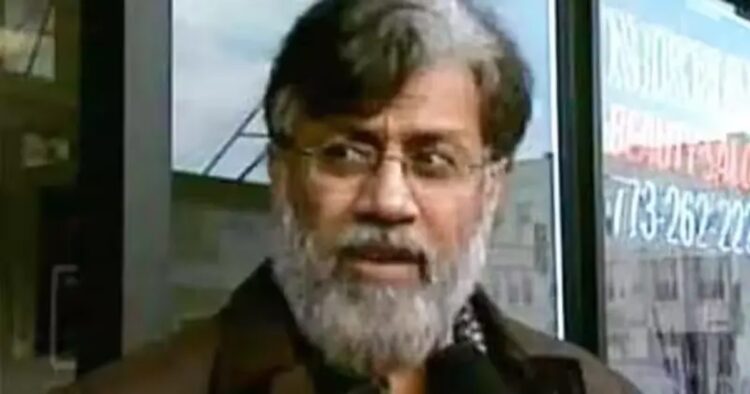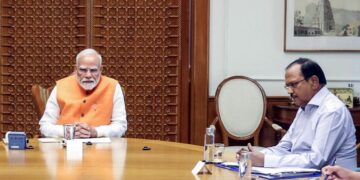In a major win for India, the United States Supreme Court has cleared the extradition of 26/11 Mumbai Terror Attack-convict Tahawwur Rana to India. This was the last legal chance for Mumbai Attack accused to not be extradited which he has now lost. The US Supreme Court has cleared Mumbai terror attack convict Tahawwur Rana’s extradition to India as it dismissed a review petition against his conviction in the case.
India was seeking the extradition of Rana, a Canadian national of Pakistani origin, and a close associate of Lashkar-e-Taiba (LeT) terrorist David Coleman Headley, as he was wanted in the 2008 Mumbai terrorist attacks case. This was Rana’s last legal chance not to be extradited to India. Earlier, he lost a legal battle in several federal courts, including the US Court of Appeals for the North Circuit in San Francisco.
Earlier, the US government had argued in the court that the petition for a writ of certiorari should be denied. US Solicitor General Elizabeth B Prelogar said this in its filing before the Supreme Court on December 16. She said Rana was not entitled to relief from extradition to India in this case. In his ‘petitions for a writ of certiorari to review the judgment of the United States Court of Appeals for the Ninth Circuit, Rana argued that he was tried and acquitted in federal court in the Northern District of Illinois (Chicago) on charges relating to the 2008 terrorist attacks on Mumbai.
‘India now seeks to extradite him for trial on charges based on the identical conduct at issue in the Chicago case,” it said. Prelogar disagreed. “The government does not concede that all of the conduct on which India seeks extradition was covered by the government’s prosecution in this case. For example, India’s forgery charges are based in part on conduct that was not charged in the United States: petitioner’s use of false information in an application to formally open a branch office of the Immigration Law Center submitted to the Reserve Bank of India,” the US Solicitor General had said.

















Comments